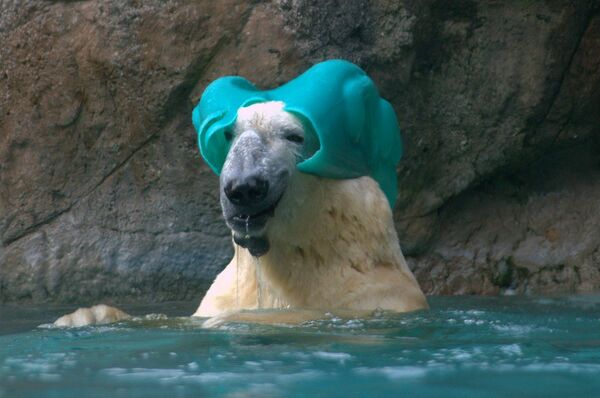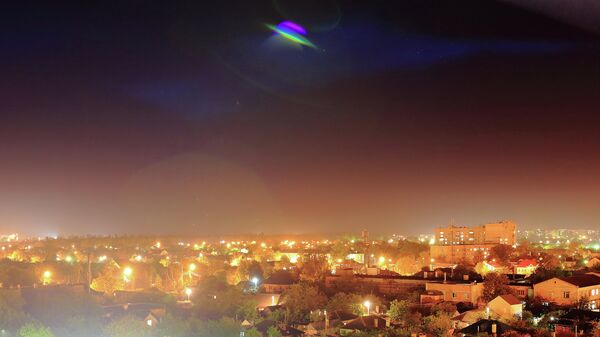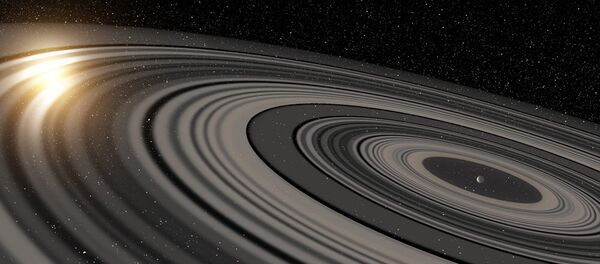The findings from University of Barcelona cosmologist Dr. Fergus Simpson are based on a mathematical algorithm that assumes all theoretical life in the universe follows the same laws of conservation of energy seen on Earth: the bigger the animal, the more resources it needs to survive, the more energy it expends, and thus there are fewer large animals than small ones (on Earth, after all, there are far more tiny insects than there are big mammals like whales and elephants.)
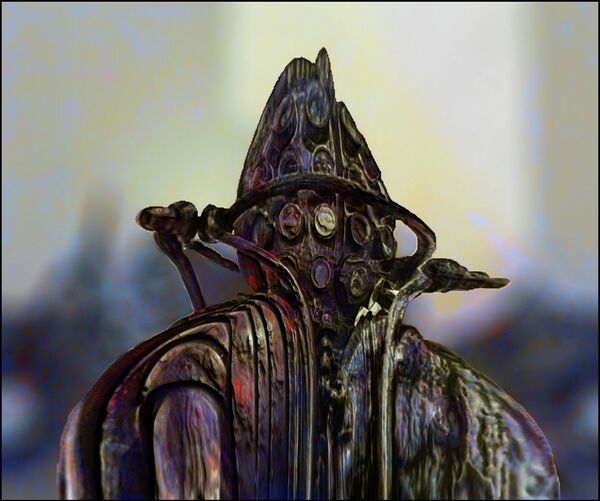
“It has often been postulated that our existence in the Universe could explain the magnitudes of various quantities in fundamental physics, such as the fine-structure constant, the cosmological constant and primordial density perturbations [5–13]. If an ensemble of cosmological conditions exists, we should expect to observe those which permit the emergence of life,” the paper states.
In the grand scheme of things, humans are likely on the smaller end of the scale when it comes to the universe’s intelligent life, Simpson posits. His theory assumes that planets populated by smaller animals most likely outnumber the ones with larger ones. A minimum size is necessary for intelligent life, and Simpson measured the range of body size in animals on Earth to understand the possible distribution of animal sizes on other plants.
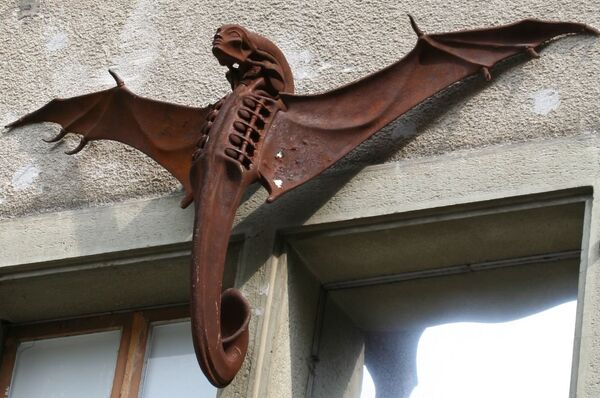
Forgan did point out that the calculation doesn’t take into account certain factors, such as the correlation between body mass and the planet’s gravity. Planets with more of a gravitational pull, such as Earth, are generally more likely to have smaller animals who have adapted to that environment.
And Simpson neglected to take evolutionary research into consideration, said Search for Extraterrestrial Life Institute (SETI) researcher Seth Shostak, whose own research has suggested that any intelligent alien life we might eventually find would be bigger, as bigger animals live longer, and a longer lifespan would allow for the opportunity to develop the technology necessary to make contact with beings on distant planets. Simpson’s work suggests that the larger the animal, the more intelligent it is, Shostak points out, which is not the case on Earth, as humans are considered the most intelligent life here, but are not the largest.
“Polar bears are large but do not write great literature and build radio towers,” Shostak said, “and a lot of that is probably because they are walking around on all fours.”
